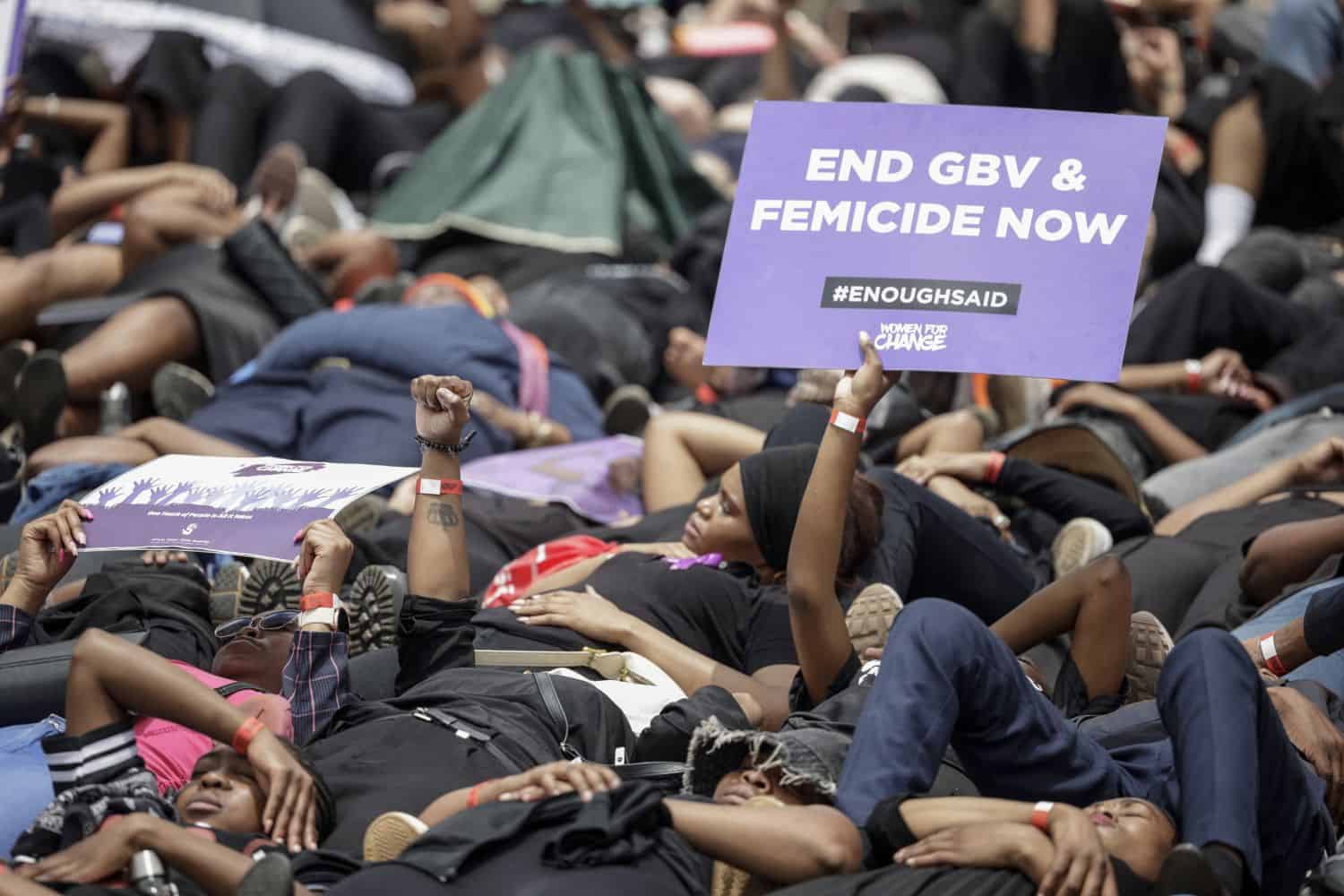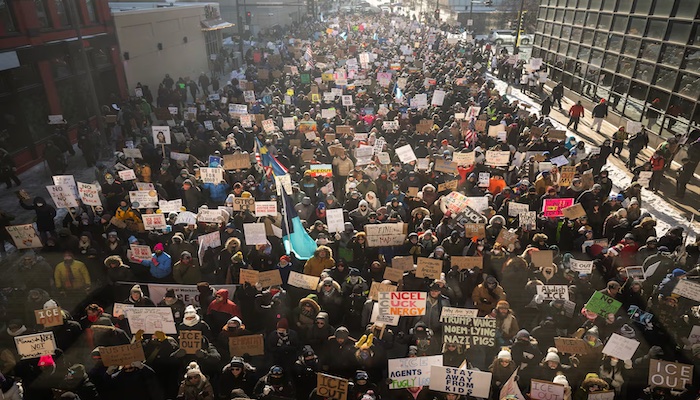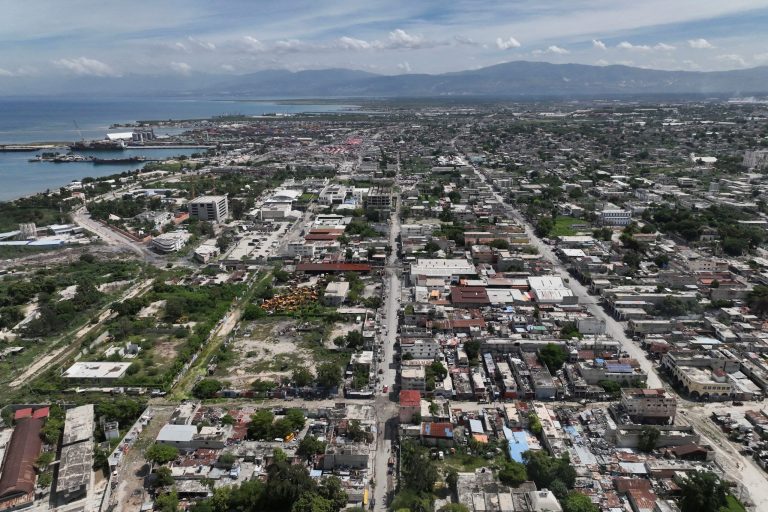
Protesters hold placards as they lie on the ground during the Women's Nationwide Shutdown at Constitution Hill in Johannesburg on November 21, 2025, ahead of the G20 leaders' Summit. Women for Change calls on the community across South Africa to refrain from all paid and unpaid work in workplaces, universities, and homes, and to spend no money for the entire day to demonstrate the economic and social impact of their absence, and demand that gender-based violence and femicide be declared a national disaster. (Photo by GIANLUIGI GUERCIA / AFP)
It’s a sad indictment on a country when you realise government classifying gender-based violence and femicide (GBV) as a national disaster will have very little impact in the fight against these evil acts.
Last Friday, Women for Change led a nationwide shutdown where thousands of women, children and activists lay down on pavements as they took part in a silent 15-minute lie-down across South Africa with international delegates for the G20 summit in the country.
It prompted government to classify GBV as a national disaster, but the classification does not invoke emergency powers.
The protest certainly highlighted the call to end GBV, but now what?
Brenda Madumise-Pajibo, director of the feminist organisation Wise4Afrika, said: “It is an attempt by the government to be seen to be responding to the pressure.”
Today, on International Day for the Elimination of Violence against Women, the 16 days of activism for no violence against women and children starts.
ALSO READ: Just a disaster ‘just not enough’
The campaign calls for global solidarity to end violence against women and girls worldwide.
It runs until 10 December. But is enough being done?
In SA, 15 women die each day at the hands of their partners.
That figure has doubled in the last eight years.
Awareness campaigns and protests are not enough to end this scourge.
Solid action and national intervention is needed.
NOW READ: Protect GBV helpers too



